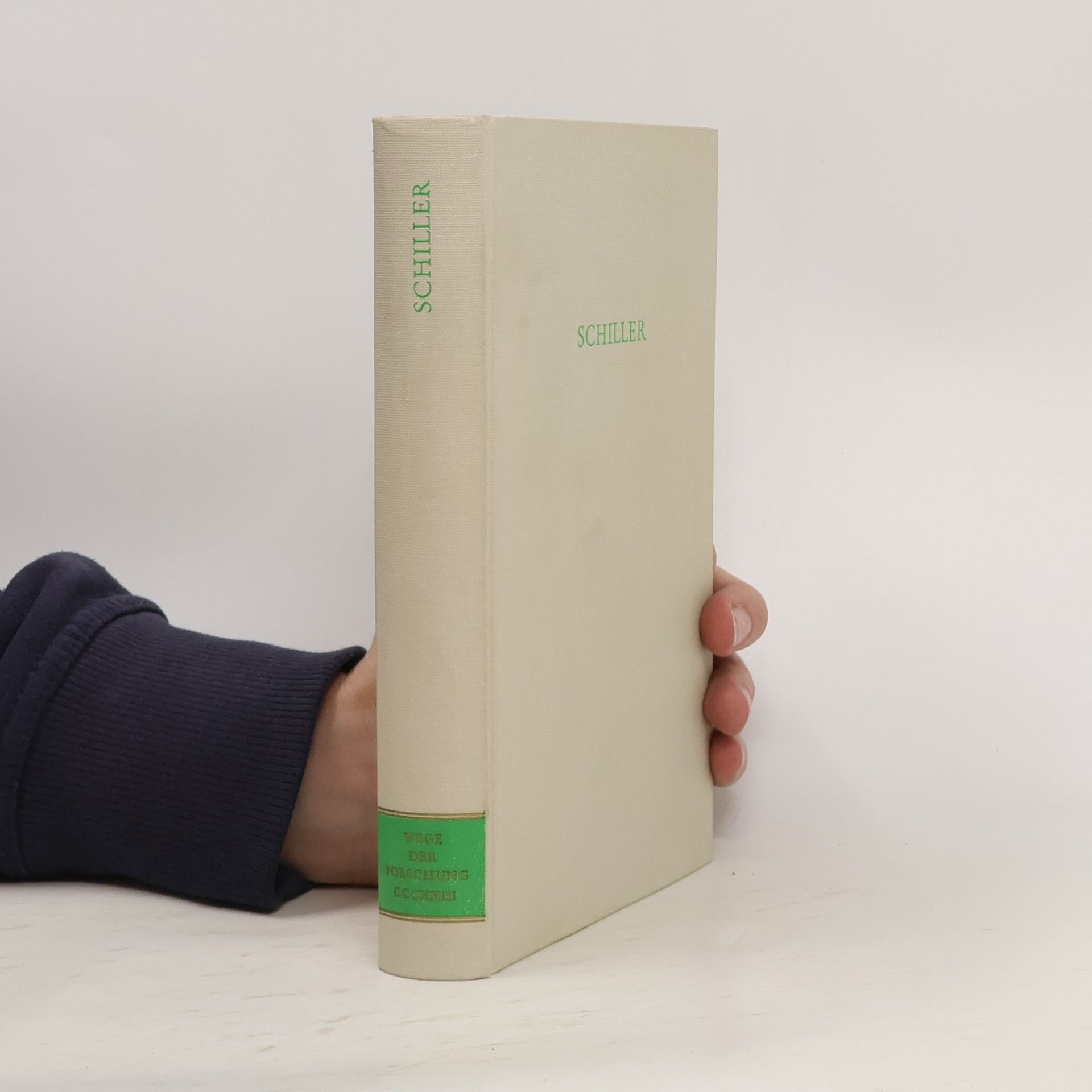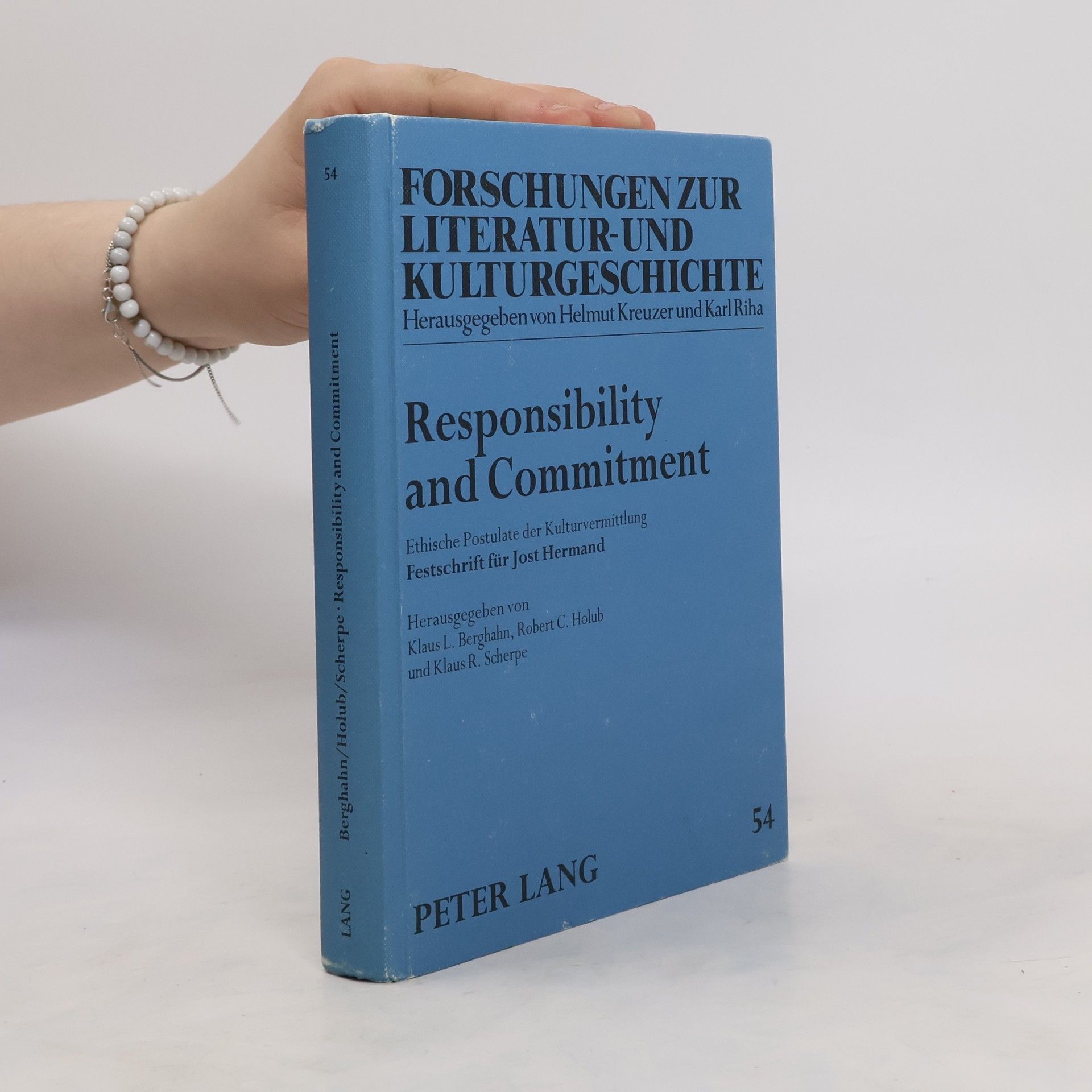A History of German Literary Criticism, 1730-1980
- 479 páginas
- 17 horas de lectura
First published in Germany in 1985, Geschichte der deutschen Literaturkritik was quickly recognized as the most original and comprehensive study to date of a proud critical tradition including such giants as Lessing, Goethe, and Heine. Now translated into English, it will serve as a model for a new approach to literary history in America and elsewhere, one emphasizing the connections of criticism with other public discourse. The editor, Peter Uwe Hohendahl, has provided an introduction and a chapter, "Literary Criticism in the Epoch of Liberalism,"translated by Jeffrey S. Librett. Filling in the history of German criticism from the Enlightenment to the present are Klaus L. Berghahn of the University of Wisconsin, "From Classicist to Classical Literary Criticism, 1730-1806," translated by John R. Blazek; Jochen Schulte-Sasse, University of Minnesota, "The Concept of Literary Criticism in Romanticism"; Russell A. Berman, Stanford University, "Literary Criticism from Empire to Dictatorship, 1870-1933,"; translated by Simon Srebrny; and Bernhard Zimmerman, University of Tübingen, "Developments in German Literary Criticism from 1933 to the Present," translated by Franz Blaha.





